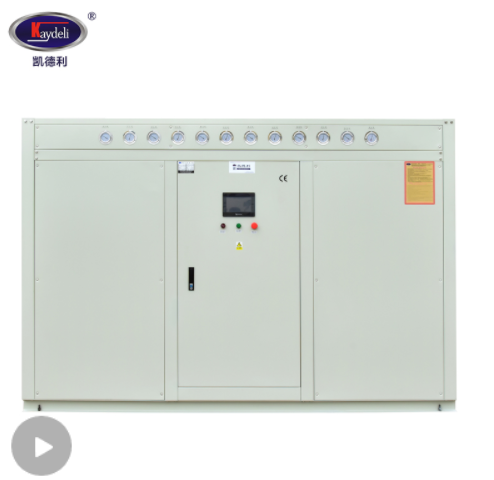We offer you 100% custom-made service Inquiry
Chillers have various applications for all types of industries. For example, they are used for medical applications such as radiotherapy, PET scans, laboratory operations, and even blood bank refrigeration. In addition, MRI chillers and CT chillers are used frequently in the healthcare sector.
Food processing chillers serve a variety of applications in the food and beverage industry. Depending on your specific setting, you can choose from bakery chillers, winery glycol chillers, brewery glycol chillers, dairy milk chillers, and even commercial yogurt machine chillers.
Metal finishing chillers can be beneficial for paint and powder coating, anodizing, die casting cooling, furnace cooling, quench cooling, and more.
Explosion-proof chillers are commonly used in chemical processing plants, coal plants, oil and gas refineries, and other work environments that interact with flammable gases and vapors.
Cold Shot Chillers offers additional industry-specific chiller types, including laser chillers, plastic processing chillers, government and municipal chillers, welding chillers, and more.
Industrial chillers can be categorized in a few different ways. Let's take a look at five types of chiller classifications.
Air Cooled Chillers - Air-cooled systems are generally cheaper than water-cooled chillers. However, they tend to release significant amounts of heat, so these chillers are best-suited for facilities where heat is not an issue.
Water Cooled Chillers - Water chillers are typically quieter and more efficient than air-cooled chillers. Therefore, they are suitable for commercial-scale and small-scale facilities.
Portable Chillers - In this case, the term "portable" does not refer to the mobility of the chiller. Instead, it means that a chiller contains all the system's basic components in a single footprint.
Stationary Chillers - Chillers that are "stationary" do not include a tank or pump. Instead, they are stand-alone units that must be connected to a reservoir and pump to function.
Central Chillers - These chillers are used to cool several processes. They can have a portable or stationary configuration, and they can be air-cooled or water-cooled.

Industrial chillers can range in price anywhere from hundreds to thousands of dollars. As mentioned before, water chillers are typically more expensive than air-cooled chillers. In addition, different chiller manufacturers all design and price their systems uniquely, so make sure to carefully compare prices and weigh your options before making a purchase.
Always familiarize yourself with the manufacturer and their policies ahead of time. Ask the following questions and more before choosing a chiller:
Do they offer a chiller warranty?
What's the turnaround time?
How are new chillers tested?
Do they offer chiller accessories and tools?
How is the chiller prepped for shipment?
Has the company been around for a while? The longer a company has been in business chances are good the company is reputable and trustworthy.
Does the chiller design use any proprietary components? That replacement part might carry a high price tag since these types of parts are generally used to control the chiller. Over time these items become obsolete and no longer supported.
How easy is it to reach a live person? Can you get technical and commercial issues resolved over the phone quickly?
Has the chiller manufacturer built a chiller handling the same type of application or something similar?
Does the chiller company make it easy to do business with? Can you discuss your application with a knowledgeable technical representative? Can you get a quote issued for your project quickly? Does the submittal information include everything you need about the chiller you are considering?
Deal directly with the manufacturer to cut out the middleman. This will alleviate any confusion on how your chiller should be configured and possibly save some time and money.
We hope that you've learned some valuable information here that will help you make the best purchase. We're confident that we can find a solution for you, no matter what you're looking for!
Contact us today to learn more about our selection of industrial chillers.
By continuing to use the site you agree to our privacy policy Terms and Conditions.